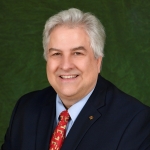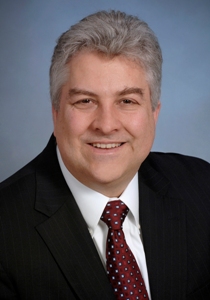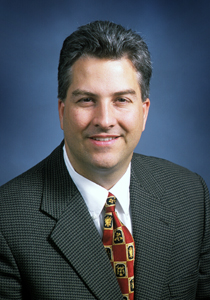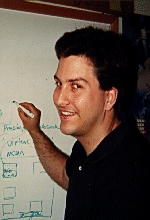|
2023 2013 2003
1993 |
Office: EPIC
2254 (I've moved to the main ECE office suite); Labs: EPIC 2124 (research), EPIC 2130 (teaching). Spring 2023 office hours: Tuesday and Thursday, 3:00 to 4:00 pm; and when the door is open.
Short Bio: James M. Conrad, PhD, PE, PMP, is currently a professor at the University of North Carolina at Charlotte. He also serves as the ECE Department Associate Chair for Computer Engineering and Undergraduate Director. He received his doctorate degree in computer engineering from North Carolina State University. He served on the IEEE Board of Directors as Region 3 director for 2016-2017, and again as a director in 2020 when he also served as IEEE-USA President. He is the author of numerous publications in the areas of embedded systems, robotics, parallel processing, and engineering education. Long Bio: James M. Conrad received his bachelor's degree in computer science from the University of Illinois, Urbana, and his master's and doctorate degrees in computer engineering from North Carolina State University. He is currently a professor at the University of North Carolina at Charlotte. He also serves as the ECE Department Associate Chair for Computer Engineering and Undergraduate Director. He has served as an assistant professor at the University of Arkansas and as an instructor at North Carolina State University. He has also worked at IBM, Ericsson/Sony Ericsson, and BPM Technology. Dr. Conrad is a Professional Engineer, a Senior Member of the IEEE and a Certified Project Management Professional (PMP). He is also a member of Eta Kappa Nu and the Project Management Institute. He served on the IEEE Board of Directors as Region 3 director for 2016-2017, and again as a director in 2020 when he also served as IEEE-USA President. He also served as IEEE-Eta Kappa Nu Honor Society President in 2022. He is the author of numerous books, book chapters, journal articles, and conference papers in the areas of embedded systems, robotics, parallel processing, and engineering education. |



